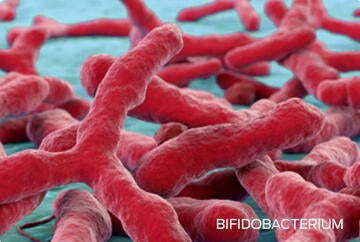THE SCIENCE OF CATS: CHALLENGING PERCEPTIONS. CHANGING THE CONVERSATION.

DECODING THE FELINE: GENETIC SIMILARITIES AND DIFFERENCES
Despite thousands of years of domestication, cats have retained many behaviors inherited from their wild relatives. Understanding cats at the molecular level can help guide the development of optimal health strategies.

Are We Ready for Genomic Medicine?
Wesley C. Warren PhD Bond Life Sciences Center, University of Missouri, Columbia, MO
Overview
Genomic medicine (GM) offers the potential to more accurately predict disease treatment and prevention strategies by accounting for individual variability in genes, environment and lifestyle. Despite many advances, the use of GM in medical practice is limited in human health. However, advances in the feline reference genome, databases, and variant studies will ultimately bring GM to veterinary practice.
In Search of the Metabolic Switch
Margarethe Hoenig, Dr.med.vet PhD, University of Illinois College of Veterinary Medicine, Urbana, IL
Overview
Excess weight is a well-known risk factor for the development of type 2 diabetes mellitus in cats. However, it is unclear what determines whether or not an obese cat will develop diabetes. Alterations in beta cells, muscle and liver, or adipose tissue, may play a role in the progression of feline obesity to diabetes.

Taurine Deficiency Myocardial Failure in Cats: Science or Serendipity?
Paul D. Pion DVM, DACVIM (Cardiology), Veterinary Information Network, Davis, CA
Overview
This presentation follows the path of discovery for taurine deficiency-induced myocardial failure in cats, and its reversal after taurine administration.

Physiological and Beyond Nutritionally Essential Mechanisms of Action Behind Carnitine and Taurine Requirements in Cardiac, Skeletal and Other Tissues
Robert C. Backus MDS, DVM, PhD, Dipl. ACVN, Department of Veterinary Medicine and Surgery, University of Missouri, Columbia, MO
Overview
This presentation is a review of current understanding, and gaps in knowledge, about the role of taurine and carnitine in the nutrition and health of cats.
This document contains summaries of presentations from the Companion Animal Summit, held May 2-4, 2019 in San Jose, Costa Rica. Please note that these summaries represent overviews of the presentations and may include opinions and research of presenters, which do not necessarily reflect those of the Nestlé Purina Petcare Company.
Produced by the Purina Institute, May, 2019
SPEAKERS


Margarethe Hoenig
Dr.med.vet, PhD
University of Illinois College of Veterinary Medicine, Urbana, IL


Robert C. Backus
MS, DVM, PhD, Dipl. ACVN
Department of Veterinary Medicine and Surgery, University of Missouri, Columbia, MO

Explore other topics discussed this year:

Rethinking feeding behaviors
The impact of nutrition on feline health extends beyond ensuring that cats get the nutrients they need, in the right amounts. The structure of food and feeding behaviors can also influence optimal health.

Reconsidering the role of phosphorus
Phosphorus is an important nutrient that is involved in many of the metabolic reactions in the body. Understanding the mechanisms that control phosphorus homeostasis in health is important in order to better understand how those mechanisms change in disease.
Related content


